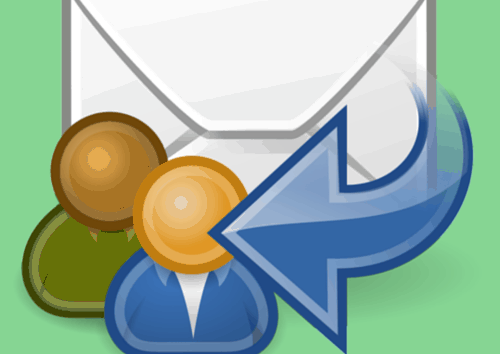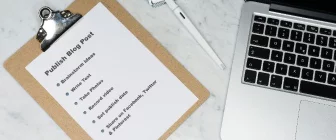
Many freelancers don’t think of themselves as small businesses, simply because the term “small business” conjures up images of a cute little storefront on a quiet small town street. While this is true for a quaint bakery, it’s also true for those of us who sit at home, typing relentlessy away at our computers.
When we begin thinking about ourselves as small businesses, we begin to realize the full scope of that definition. We must budget, we must produce, and most of all, we must market. Marketing experts attest that email is alive and well for the 2015 freelance season, which means that freelancers must sit up and pay attention to what that means for them.
Marketing efforts are focusing on less direct, or word-of-mouth, marketing, and more on email campaigns. How, then, do freelancers use this information to increase personal success?
What Is Email Marketing?
We must first understand the true definition of email marketing. It is the online version of the direct letter; instead of fliers and newsletters to a home, a business sends the same information through a digital connection. Most of us already have this information; what we must glean from the definition is the fact that this type of marketing is easier to track than direct mail. As a small business, a freelancer can find out what types of mail are being opened and read by existing and potential customers.
Essentially, email marketing is more than its base definition: it is the newest, and among the best, tools for freelancers.
Different Types of Email Marketing
There are many different types of email marketing employed by small businesses. Freelancers have the opportunity to choose what fits their marketing plan best and engage its -or their – services.
- Newsletters – This type of campaign is among the easiest, because it’s all about you. The newsletter is a quick update on what you’re doing, what’s coming up in the future, and any new offers your business has on the table. Newsletters are often sent bi-weekly or monthly.
- Invitation Emails – These are quick blurbs highlighting a special service from a small business. Perhaps a freelancer has a 10% off white papers special for the next two weeks. Let customers know in an invitation email.
- Promotional Campaigns – This can include coupons or encouragement to invite new clients. They are sent in the days leading to a sale, such as a coupon for a free article next month, or a coupon for free editing to anyone who refers a new client.
- Survey Emails – Small businesses use these emails to find out more about their market base. Many of a freelancer’s clients are happy to fill out a brief survey, especially the satisfied clients. Find out what makes your clients happy to recruit new clients with the same types of services.
- Lead-Nurturing Emails – These emails are sent to prospective clients. This is where a freelancer’s virtual “commercial” happens. Freelancers send these emails in an effort to convert potential clients into paying customers.
- Transactional Emails – These are simple, “Thank you for the business” emails. These are important to freelancers who want repeat customers.
Tips for Email Marketing
Tips from those who have found email marketing successful include:
- Determine Target Audience – Random emails don’t work. Find out who you want to work with and target them through email.
- Outline a Campaign – Every campaign must have an end goal, complete with a method of arriving there. Find out how to obtain email addresses, determine which method of email to use, track opened emails, then determine if your client goals have been reached.
- Review – Look over the emails to find out if they are effective. If they’re not, look over your campaign to find where it is breaking down. Are your emails being opened? Why not? Are they being read thoroughly? Why not? Are you getting a positive response? Again, why not? Reviewing an email campaign is a repetitive process, but it’s necessary for a freelancer’s success. Small businesses are consistently reviewing their email strategies to ensure success; freelancers should do the same.
- Focus on What You Have – Use email campaigns to focus on existing customers first; new customers can be obtained after the initial email campaign has proven successful. Keeping current clients is easier than obtaining new clients through email campaigns, so freelancers should use their first email campaign as a “test run” to keep current customers happy. Subsequent campaigns can be used to obtain new clients.
